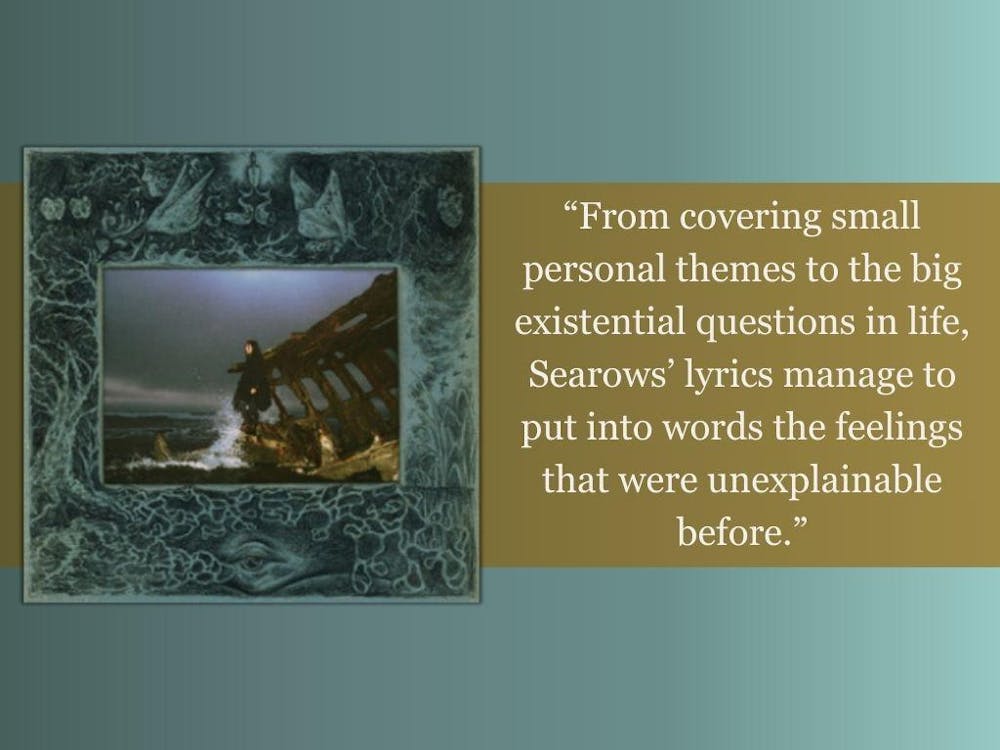After 146 days, the battle between major Hollywood studios and their writers has finally ended.
On Tuesday, Sept. 26, the Writer’s Guild of America (WGA) approved a deal with the Alliance of Motion Picture and Television Producers (AMPTP) that ended the strikes taking place since May 2. With this advancement, talks are also expected to resume with the Screen Actors Guild (SAG), who have been striking alongside the WGA since mid-July.
Even with the strikes coming to a close, it’s worth reflecting on what led to this point and what it says about the current state and future of the film industry — and how it directly affects students at Miami University.
When the WGA originally announced its plans to strike, the organization hoped to address two primary concerns in its renegotiations.
The first is residual pay: the idea that writers will continue getting compensated for projects they are involved in. While this has been a common practice in Hollywood for ages, the rise of streaming services have complicated matters, as Lexi Jamieson Marsh, a visiting instructor of media and communication, explained.
“What’s been happening is that contractually, the streaming networks have been using a lot of loopholes [and] will kind of pay for a series outright,” Marsh said. “But the number of times it’s screened or played, there’s no residuals for any of the writers, actors.”
During the COVID-19 pandemic, as millions were stuck at home with little else to do but stream movies and television shows, companies like Netflix and Amazon gained a huge market share. But unlike traditional network television, contracts for residuals were vague, with streamers often paying only pennies to the creators and stars of their biggest shows.
“They’re really abusing writers. They’re really taking advantage of them,” Marsh said.
Britton Perelman, a 2016 Miami alumna and 2023 UT Austin alumna with a MFA in screenwriting, talked about how this issue also bleeds into writers rooms.
“We used to have 22, 24, 26 episodes in a season, and now it’s normal for there to be like eight,” Perelman said. “And when that change happens, you not only get smaller writers rooms, so there’s less jobs to be had, but you’re needed for a shorter amount of time to work on that show … so the amount of work has gone down, and it makes it more competitive.”
The second concern the WGA was hoping to address was the ever-present threat of AI.
AI has found its way into the conversations of every industry, and film is no exception. Perelman put this problem into context with Hollywood’s own output.
Enjoy what you're reading?
Signup for our newsletter
“There are movies and TV shows that are basically built on the premise that we take jobs from real people and give them to robots, and it ends up wreaking havoc,” Perelman said. “And those scripts were written by people, not by robots.”
Not only would implementing AI into the creation of film rob the medium of its artistry, but it also would further contribute to the problems of job security facing writers. Perelman said the film industry is already competitive with limited jobs for a large number of writers, an issue that AI would only exacerbate.
With these concerns in mind, WGA’s strike (and the SAG strike that followed) delt a massive blow to the studios from both a PR and financial perspective.
During the strikes, studios have delayed several highly-anticipated films, along with various CEOs making statements that denounce the goals of the guilds. Hackett Rascher, a junior English literature and film studies co-major, said the studios’ response was off-putting and abrasive.
“I understand on their part that they’re kind of like, ‘We have our own quotas to meet.’ But when you’re spending so much money on these movies that don’t need super-duper high budgets, I don’t know,” Rascher said. “They should re-evaluate on their end what they could do differently to meet in the middle here, and it seems like they’ve instinctively shut down and not doing that.”
Now that at least the WGA strikes are finishing up, many in the film industry are breathing sighs of relief. Even so, the process says a lot about the current perception of labor in the United States, an issue that bleeds into areas even beyond film, including Miami.
“The issue is really that the writer’s strike is a piece of a bigger problem that’s going on,” Marsh said. “Miami faculty just unionized. So you’re seeing the importance of a union to speak for the little person.”
One of Miami’s primary roles is to prepare students for entering the job market, and for many, that includes being aware of issues surrounding unionization and fair pay. Natalie Dureiko, a senior biology and music double major and president of Miami Association of Filmmakers and Independent Artists (MAFIA), highlighted this in particular.
“Strikes are so important in general, in trying to create those fair labor laws and things like that,” Duriko said. “And also understand it not just on the level of, ‘Oh, it’s just rich people trying to get richer,’ but really trying to understand the root of it.”
So while only a small fraction of Miami’s students will go on to work in the film industry, the symptoms that caused these strikes are universal. In that way, the WGA and SAG’s fight for fair pay and personal autonomy should be relatable to everyone.
Marsh left a piece of advice for anyone worried about their future in the job market.
“Don’t be afraid to produce work, but also know your worth,” Marsh said. “I think a lot of the times when we’re passionate about something … we feel like we need to suffer for it, or we shouldn’t earn a living wage or we need to make more sacrifices than if we took a safer route. But you should always be paid for your work.”




